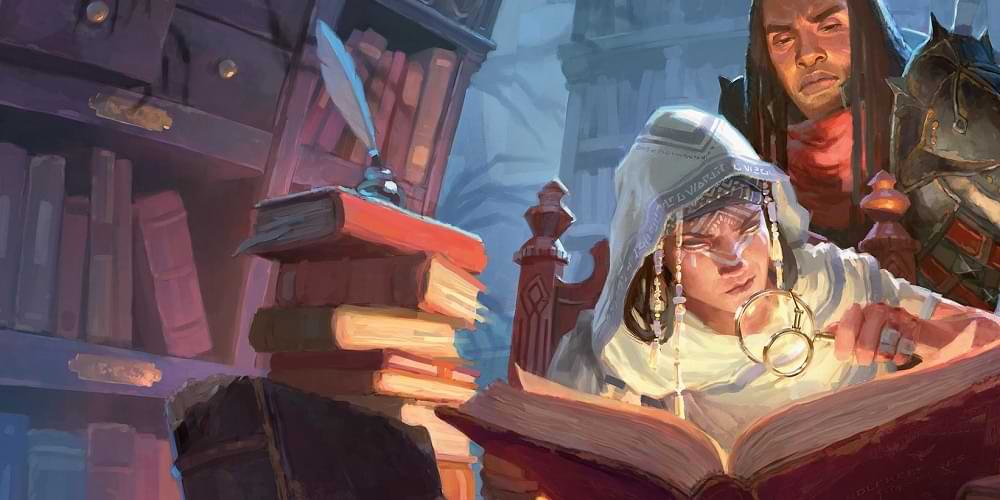using a different version of the OGL is one of those terms, isn’t it?
Do in your interpretation, this cuts off everything licensed under 1.0a from being used in works licensed under 1.2 unless it gets licensed under 1.2 by the original creator first. Correct?
In section 9, WotC asserts that it may publish new versions of the license, and then gives permission for licensees to use any authorized version of the license. Agreeing to and abiding by the OGL is still necessary for the licensee to secure a license to use the contributor's copyrighted work.
However, I'm not saying that everything licensed under earlier licenses is cut off from being used in works licensed under 1.2 unless it gets licensed under 1.2 by the original creator first. I'm saying that there is simply no way for a prospective licensee to secure a license to use the original creator's work under 1.2. The language simply isn't there. It doesn't define or even mention the term "Open Game Content", so it can't be used to copy, modify, or distribute material that a contributor designated as Open Game Content. It doesn't define or even mention the term "Product Identity", so it can't be used to protect material that a contributor designated as Product Identity. There is no section of license 1.2 where a prospective licensee can credit contributors or acknowledge their copyright on the original material.
And, most importantly, there is no language that is anything like Section 4 (Grant and Consideration):
In consideration for agreeing to use this License, the Contributors grant You a perpetual, worldwide, royalty-free, non-exclusive license with the exact terms of this License to Use, the Open Game Content.
That's where the magic happens. That's where Contributors (defined earlier in the document as "copyright and/or trademark owners who have contributed Open Game Content") give the licensee (You) a license to use their copyrighted work as laid out elsewhere in return for agreeing to and abiding by the OGL. There is no section like that in license 1.2.
Not only that, but there can be no section like that because the term contributor is not defined.
Not only
that, but OGL 1.0a is a license between one or more contributors and a licensee who wants to use the copyrighted material they have designated as OGC, while license 1.2 is a license between WotC and a licensee who wants to use SRD 5.1 (and possibly other licenses in the future). WotC does not own the copyright on a contributor's material. Therefore, they cannot give a prospective licensee any kind of license to use it. While I don't trust WotC, I don't foresee them claiming copyright on 23 years of OGC material, so I see no way in which a prospective licensee could legally secure a license to a contributor's copyrighted work under license 1.2.
With that out of the way, Section 5(b) of license 1.2 explicitly states that a licensee may give permission for others to use their own material under any terms they want, but that the licensee must follow certain instructions when it comes to Licensed Work (defined earlier as any combination of "Our Licensed Content" with "our" meaning WotC's) and "Your Content" (with "your" meaning the licensee's).
This is the part where I make clear that I am not a lawyer, and that I also have no idea what WotC is doing here.
In theory, it seems like a licensee could use OGL 1.0a alongside license 1.2 to secure a license to use a contributor's work. However, in the Draft for Discussion document, WotC asserts that OGL 1.0a is no longer an authorized license. That would
seem to indicate that a licensee can't secure such a license under 1.0a, because 1.0a requires an
authorized license. However, WotC claims that "no longer an authorized license" means "that you may not use that version of the OGL, or any prior version, to publish SRD content after (effective date)." They specify "SRD content", which suggests that they believe there is some other category of content that
can be published under OGL 1.0a, but there's no definition of what SRD content actually is. And, as I said before, OGL 1.0a requires an authorized license, and if WotC can legally deauthorize it, then it can't be used to secure a license to a contributor's copyrighted material published under it. (And that's
if WotC can deauthorize any version of the license, which may not be the case.)
I
think that WotC
might be trying to reach for some way to allow for contributors to be able to offer licenses to use their own copyrighted work under OGL 1.0a with their "you may not use that version of the OGL, or any prior version, to publish
SRD content" language, but that is by no means clear.

 www.dndbeyond.com
www.dndbeyond.com


